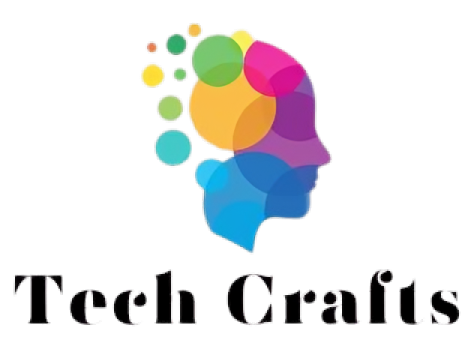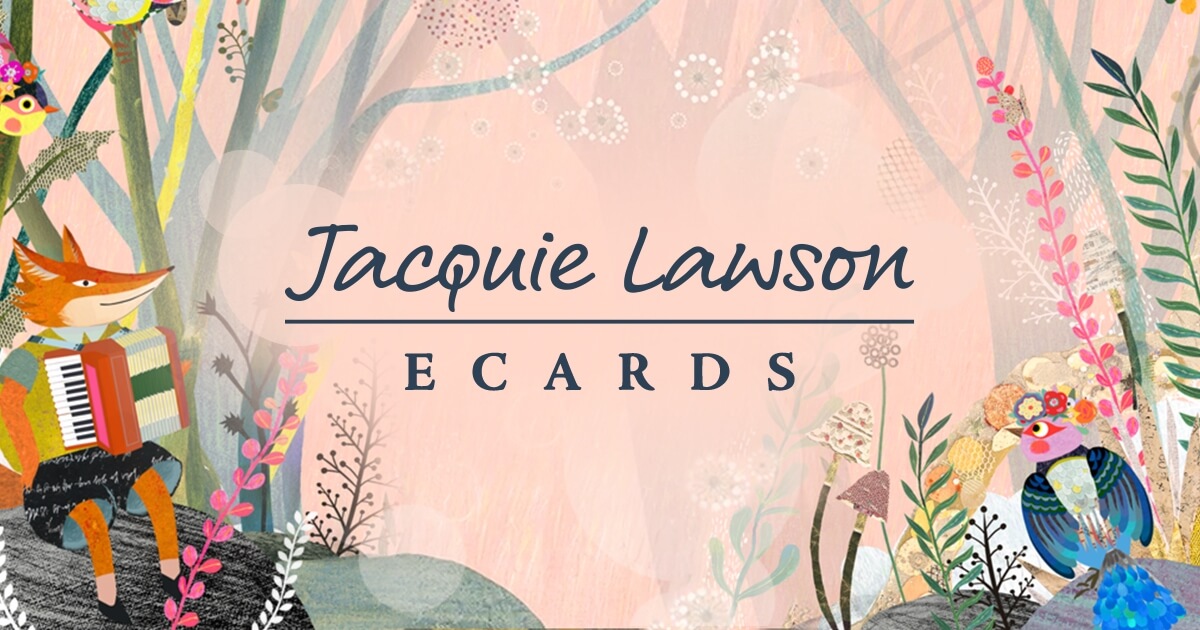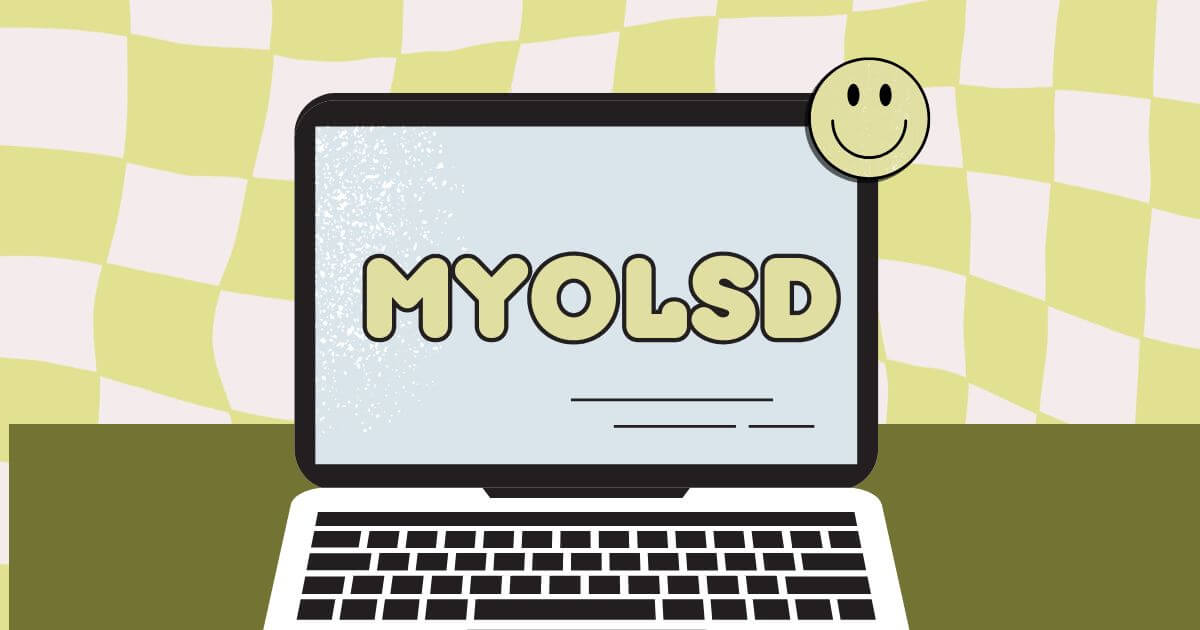Artificial Intelligence (AI) often feels like a buzzword straight out of a sci-fi movie. Yet, it’s not just about robots taking over the world or futuristic gadgets talking back to us. AI is deeply embedded in our everyday lives, influencing how we work, shop, communicate, and even how we relax. This guide aims to demystify AI by breaking down what it really is and how it quietly powers much of our modern-day existence.
What is AI, Really?
At its core, Artificial Intelligence is a field of computer science focused on creating systems that can perform tasks typically requiring human intelligence. This includes recognizing speech, making decisions, translating languages, identifying images, and much more. AI uses algorithms and massive data sets to “learn” from patterns and experiences, much like the human brain does, albeit in a more rigid and data-centric way.
Machine Learning (ML), a subset of AI, allows systems to improve over time without being explicitly programmed for every scenario. For example, a spam filter learns to detect junk emails more accurately by analyzing the ones you mark as spam.
Common Forms of AI Around Us
You might think AI is reserved for high-tech industries or research labs, but you’re likely interacting with it multiple times a day without even realizing it. Let’s look at a few examples:
Virtual Assistants
Smart assistants like Siri, Alexa, and Google Assistant are AI-driven tools that can answer questions, play music, set reminders, and control smart devices in your home. They use natural language processing (NLP) to interpret your commands and machine learning to improve responses based on past interactions.
Social Media Algorithms
Have you ever wondered how TikTok knows what videos you’ll like or how Facebook seems to read your mind when suggesting friends or groups? That’s AI at play. These platforms use complex algorithms to serve up content tailored specifically to your behavior, preferences, and interactions.
Recommendation Engines
From Netflix to Amazon, AI helps businesses suggest movies, books, products, or even services based on your past behavior. These recommendation engines analyze your activity and compare it to millions of others to find patterns and predict what you might enjoy next.
Navigation and Ride-Sharing Apps
Apps like Google Maps and Uber rely heavily on AI to predict traffic, estimate arrival times, and suggest optimal routes. They gather real-time data from countless sources and users to ensure accuracy and efficiency.
AI in the Workplace
AI is revolutionizing the way we work. Businesses are increasingly using AI-powered tools for data analysis, customer support, marketing automation, and even content creation. Chatbots answer basic customer inquiries around the clock, while AI-driven analytics provide actionable insights in seconds that would take humans hours or days to compile.
One emerging tool that’s gaining popularity is the AI presentation maker. These tools automatically generate visually appealing slide decks from raw content or ideas, saving professionals countless hours and ensuring consistency in brand messaging. It represents just one of the many ways AI is making office tasks more manageable and efficient.
Healthcare and AI
The healthcare industry has been significantly transformed by AI. From diagnostics to treatment planning and patient monitoring, AI tools are improving outcomes and increasing efficiency. For instance, AI can analyze medical images faster than radiologists in some cases, helping doctors catch issues earlier.
Wearable fitness devices also employ AI to monitor heart rate, sleep patterns, and physical activity. Over time, they learn your behavior and offer personalized health advice. Even mental health apps are using AI to provide mood tracking and behavioral recommendations.
Education Enhanced by AI
Education is another field reaping the benefits of AI. Adaptive learning platforms tailor educational content to a student’s pace and comprehension level. They can identify when a learner is struggling with a concept and adjust the material accordingly.
Teachers are also using AI to automate grading, analyze student performance, and design customized lesson plans. For students, AI-powered language apps, math solvers, and tutoring bots have made learning more accessible and interactive.
Entertainment in the AI Era
From music recommendations on Spotify to personalized game experiences, AI has redefined how we consume entertainment. Streaming platforms analyze your watching habits to recommend content that aligns with your preferences. Video editing apps are also becoming more intelligent, allowing even novices to create professional-looking videos.
A popular tool in this space is a free ai video app, which enables users to generate or edit videos automatically using just text input or templates. These apps are revolutionizing content creation for social media, marketing, and personal storytelling.
The Ethics of Everyday AI
While AI offers numerous benefits, it’s essential to address the ethical considerations that come with it. Issues such as data privacy, algorithmic bias, and job displacement are valid concerns that require attention.
Many AI systems are only as good as the data they are trained on. If that data contains bias, the AI can perpetuate and even amplify it. Transparency in how AI decisions are made is becoming increasingly important, especially in sensitive areas like hiring, lending, and law enforcement.
Getting Comfortable with AI
You don’t need a computer science degree to engage with AI. Many platforms and applications are designed with user-friendly interfaces that allow anyone to harness AI’s power. Whether it’s using voice commands to control your smart home or automating repetitive tasks at work, small steps can lead to significant improvements in productivity and quality of life.
Here are a few tips to get started:
- Experiment with tools: Try AI-based apps for writing, editing, scheduling, or learning.
- Understand the basics: Learn about terms like machine learning, neural networks, and natural language processing.
- Stay informed: Follow tech news and updates about AI developments to understand its evolving role in society.
Conclusion
AI isn’t a distant, futuristic concept — it’s here, and it’s shaping our lives in ways both big and small. By demystifying how AI works and recognizing its presence in our daily routines, we can better appreciate its potential while also being mindful of its limitations and ethical implications.
As AI continues to evolve, so will our relationship with it. Embracing it with awareness and curiosity can empower us to leverage its benefits responsibly and creatively.





